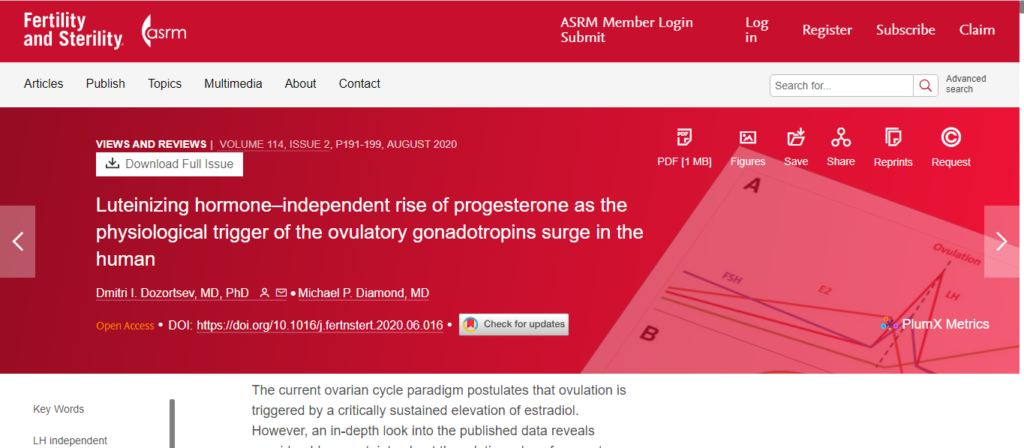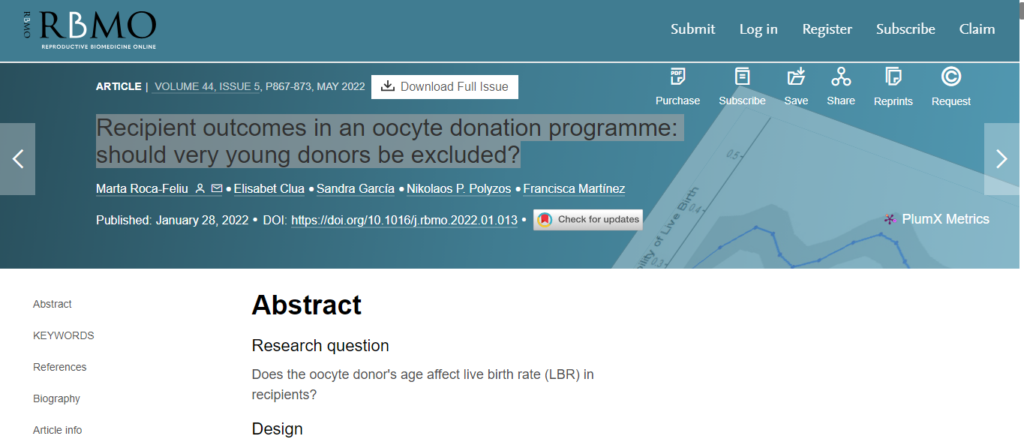Environmental toxins can have a negative impact on both male and female fertility. Learn more about how to navigate them safely.
Women and couples looking to conceive are often cautious about their diet, medications, and stress-levels. But increasingly, many are asking how might toxins in the environment impact fertility?
The short answer is that environmental pollution can significantly impact both male and female fertility. Exposure to toxins can change female hormonal balance and impact menstrual cycles, accelerate egg aging, and alter sperm count and quality. If you live or work in an environment that exposes you to toxins, find out what types of toxins to watch out for, and what steps you can take to reduce your exposure:
Environmental Toxins that Impact Fertility
There are many common environmental toxins that can impact fertility and the success of your pregnancy. If you are worried about exposure, here are just a few:
- Heavy Metals. Dangerous heavy metals include mercury, cadmium, and lead. They can be found in our food, water supply, and the general environment. They are typically the result of industrial processing, cigarette smoke, automobiles, and heavy pesticide use. Mercury is typically found in certain types of fish. We are all exposed to heavy metals every day, but heavy doses build up in your organs, they can impair your reproductive health over time.
A study looking specifically at how exposure to cadmium, lead, and mercury before conception impacts in-vitro fertilization (IVF) results found that the heavy metals can have a negative impact on the procedure. Higher levels of the metals were associated with decreased rates of egg fertilization and embryo implantation.
- Air Pollution. Studies have indicated a link between exposure to air pollutants and adverse pregnancy outcomes including early loss of pregnancy, stillbirth, preterm delivery, and low birth weight. They have also shown that air pollution can alter the production of eggs and sperm and lead to birth defects.
- Pesticides. Exposure to pesticides both before and following conception can impact the health of both the mother and the baby. Pesticides can also cause pregnancy loss and low birth weight. After a child is born, pesticide exposure can increase the risk for certain cancers. If possible, avoid fruits and vegetables that may be high in pesticides and make sure to wash all your fruits and vegetables thoroughly before you eat them.
- Endocrine disruptors (EDCs). EDCs are found in metals and pesticides, as well as in plastic, food additives, and personal care products. EDCs can harm reproductive health for both men and women by altering their hormonal levels. Some of the most common EDCs to watch out for include bisphenol-A (BPA), parabens, phthalates, dioxins, and organophosphates.
Reducing Exposure to Environmental Toxins
It is impossible to completely eliminate your exposure to environmental toxins. However, if you are concerned about pollutants in your area, there are steps you can take to reduce the risks. Begin by researching which toxins you may encounter regularly, and take appropriate measures to limit your exposure. Here are some tips for avoiding common pollutants:
- Eat organic produce if possible to reduce pesticide intake, and thoroughly wash and peel all produce before eating it.
- Drink filtered water when drinking from the tap.
- Avoid eating fish that may be contaminated with mercury.
- Only use non-toxic cleaning supplies, personal care products, and pesticides and herbicides.
- Avoid plastics that have BPA in them, and never microwave in plastic containers.
- Check for lead-based paint in your home (this is more likely if you have an older home).
If you are curious about how environmental toxins might be impacting your fertility, contact a local expert. The specialists at the AFCT can answer any additional questions and help you navigate your fertility journey. Schedule an appointment with the Advanced Fertility Center of Texas (AFCT) today.



